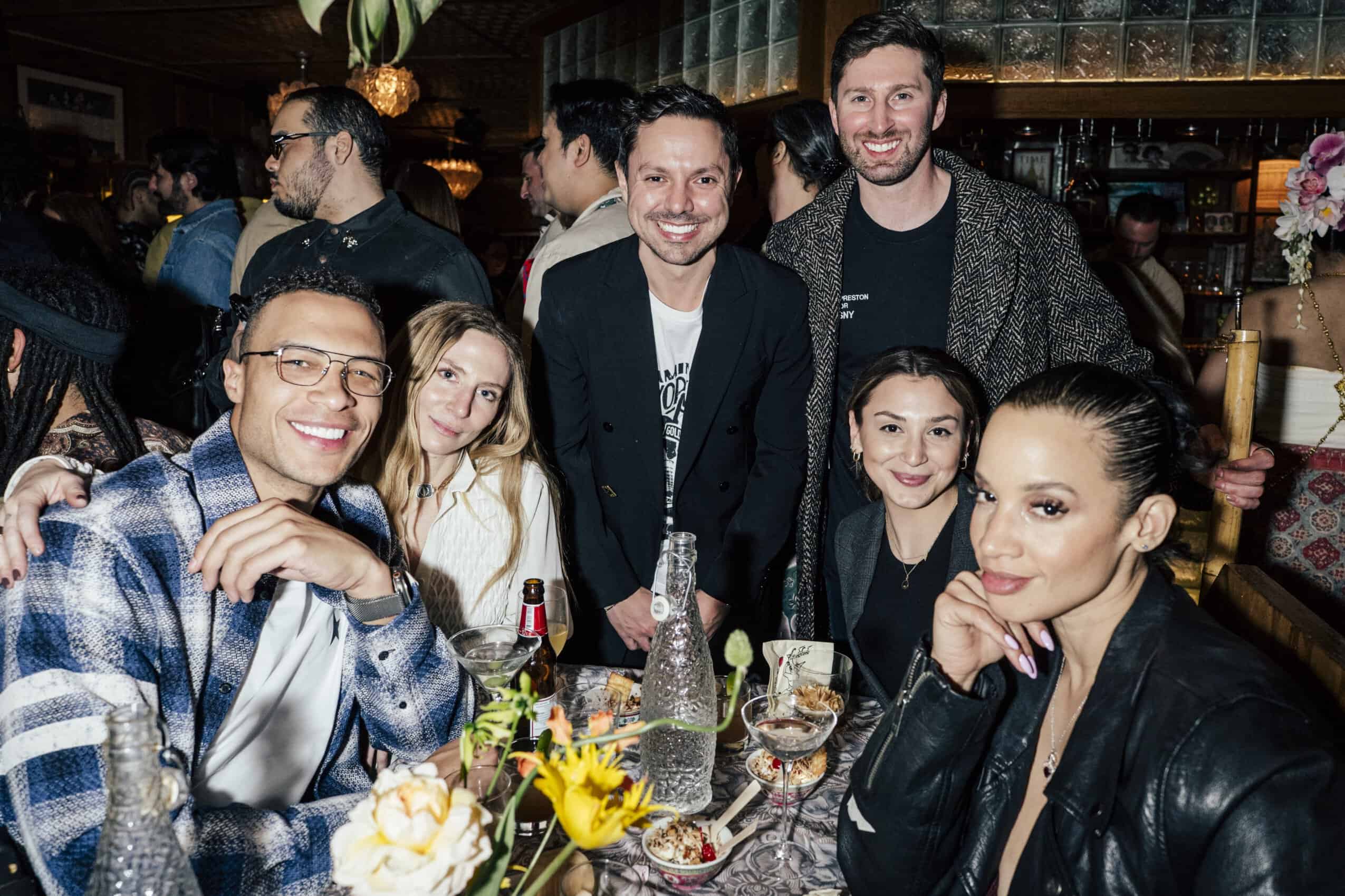Watching Dream Scenario evokes the best of Charlie Kaufman and Spike Jonze. Nicolas Cage stars in the dark, hilarious, surreal, wildly original high-concept dramatic comedy as a painfully average man who suddenly begins turning up in everyone’s dreams, catapulting him to instant worldwide celebrity status.
And few would know better than Cage himself, who starred in the 2002 Kaufman-Jonze collab Adaptation. The 59-year-old screen vet and Oscar winner certainly saw the parallels.
“It’s interesting that you mention that, because, yes, this movie is original, and that’s why I love it,” Cage told Yahoo Entertainment about Dream Scenario, the second narrative feature film from Norwegian writer-director Kristoffer Borgli (Sick of Myself).
“The interesting thing about Kristoffer is he’s also a really terrific actor, and he made a couple of short films where he starred — one was called Ear — and he did some moves in that movie, some vocal expressions, some exasperation, that I thought was very much like Charlie Kaufman in Adaptation. It turned out [Kristoffer] loves that movie, and I think he wanted to kind of harken back to that style, that motif of a film like Adaptation with this. So that’s a good parallel to make. I do think it was on his mind.”
Nicolas Cage in Dream Scenario. (A24/Everett Collection) (Courtesy Everett Collection)
Borgli is something of a Norwegian Tarantino. Like the famed Pulp Fiction director, Borgli went to film school by working at a video store and consuming as much cinema as he could. “I lived in a smaller town outside of Oslo, and my immediate surroundings were so different from the movies that I loved,” he says. “It was so unexciting compared to the movies that I was watching. I was watching David Lynch, I was watching some Kaufman, some [Luis] Buñuel, and I remember [loving] all the movies that go into the heads of someone inside of dreams. Those are all exciting movies that aren’t so related to their environments. That’s a thing that I could do in Norway. … The most interesting location that you can find is a dream.”
Cage’s character is an unaccomplished college biology professor and married father of two named Paul Matthews. He yearns for credibility in his field (if he only he could sit down and write that book) — but his newfound fame is not, in fact, a dream scenario. Sure, it’s a hoot at first being a celebrity. But when Paul suddenly turns violent and terrifying in everyone’s dreams, the world turns on him. He’s shunned, terrorized, dismissed from his post.
Kristoffer Borgli (right) directs Nicolas Cage in Dream Scenario. (A24/Courtesy Everett Collection) (Courtesy Everett Collection)
In other words, he’s canceled — and Dream Scenario becomes a commentary on ego, vanity, masculinity, narcissism and, most of all, cancel culture.
Borgli says the story was inspired by news reports he read about college professors being fired from their posts and losing tenure over accusations — both serious and slight. “There was a huge discrepancy between sort of the students point of view and then what they had experienced,” he says. “It was different things, but mostly it was stupid things they said or not being delicate enough about certain points of views, personal points of views about topical things that in some cases maybe deservedly got them fired, and other cases seemed ridiculous.”
Working in elements of Carl Jung’s theory of the collective unconscious with a healthy dash of A Nightmare on Elm Street, “I thought I’d hijack this high-concept idea from the horror genre and place it in our culture as a way for me to investigate and process the culture at large,” Borgli continues. “I could look at how it felt for the person at the center of it, for his family, for his job, and then the response pattern of our culture at large. And in that way it felt like this is a way to make a snapshot of our current times and also sort of social satire.”
Nicolas Cage channels Freddy Krueger in Dream Scenario. (A24/Courtesy Everett Collection) (Courtesy Everett Collection)
Since its debut at the Toronto International Film Festival in September, Dream Scenario — while wildly praised — has also been characterized as “going after” or a “takedown of” cancel culture.
Borgli insists that is an oversimplification.
“It’s too complicated to make a sort of polemic about cancel culture at large. I can’t pick a side because case by case it seems very rational or extremely irrational. I think the problem is that we’re coming at a lot of topics with a one-size-fits-all conversation style, which often is very reductive and sometimes just purely, ‘Are we for or against?’ And this is one of the many things that I could explore with this phenomenon.
“It also explores what it feels like to become a personal brand outside of your control and how capitalism will always come in to piggyback off of anything that’s on the conversation at large. And I think mostly it was a character investigation, a character portrait of a very principled man who step by step loses every single one of his principles by way of engaging with the public consciousness.”
Cage explains that he was drawn to the film for more than how it addressed cancel culture. But he certainly related to his image being spun out of his control.
And, no, he does not love all your “Cage Rage” mashups and memes.
“I was able to apply my own feelings of contending with certain aspects of fame. It’s kind of an analysis of fame,” he says. “With what had happened to me with the internet, I might’ve been the first actor who woke up one morning and saw ‘Nicolas Cage Loses His You Know What,’ and then it went viral. It was all cherry-picking scenes of me having freakouts and meltdowns without any regard for act one or two, or how the character got to that level of crisis. And it confused me because there was no reference point for it. And then it started going into memes, meme-ification, Photoshopping, T-shirts, and I couldn’t stop it.
“I didn’t understand it. I didn’t know how to process it. Did I enjoy it? No, absolutely not. But I did find it stimulating. I did find it confusing. I did find it frustrating. … but what I thought would be good is if someone would see those videos or what have you and go back and check out the movie, that would be good. That’s a positive, and that element I was hopeful about. But the main experience for me was one of, I felt out of control. There was nothing I could do about it. Having said that, if I had not gone through that experience, I would not have been able to play Paul Matthews. So it all works out in the end.”
Dream Scenario is now in select theaters and opens wide Nov. 22.
You can view the original article HERE.





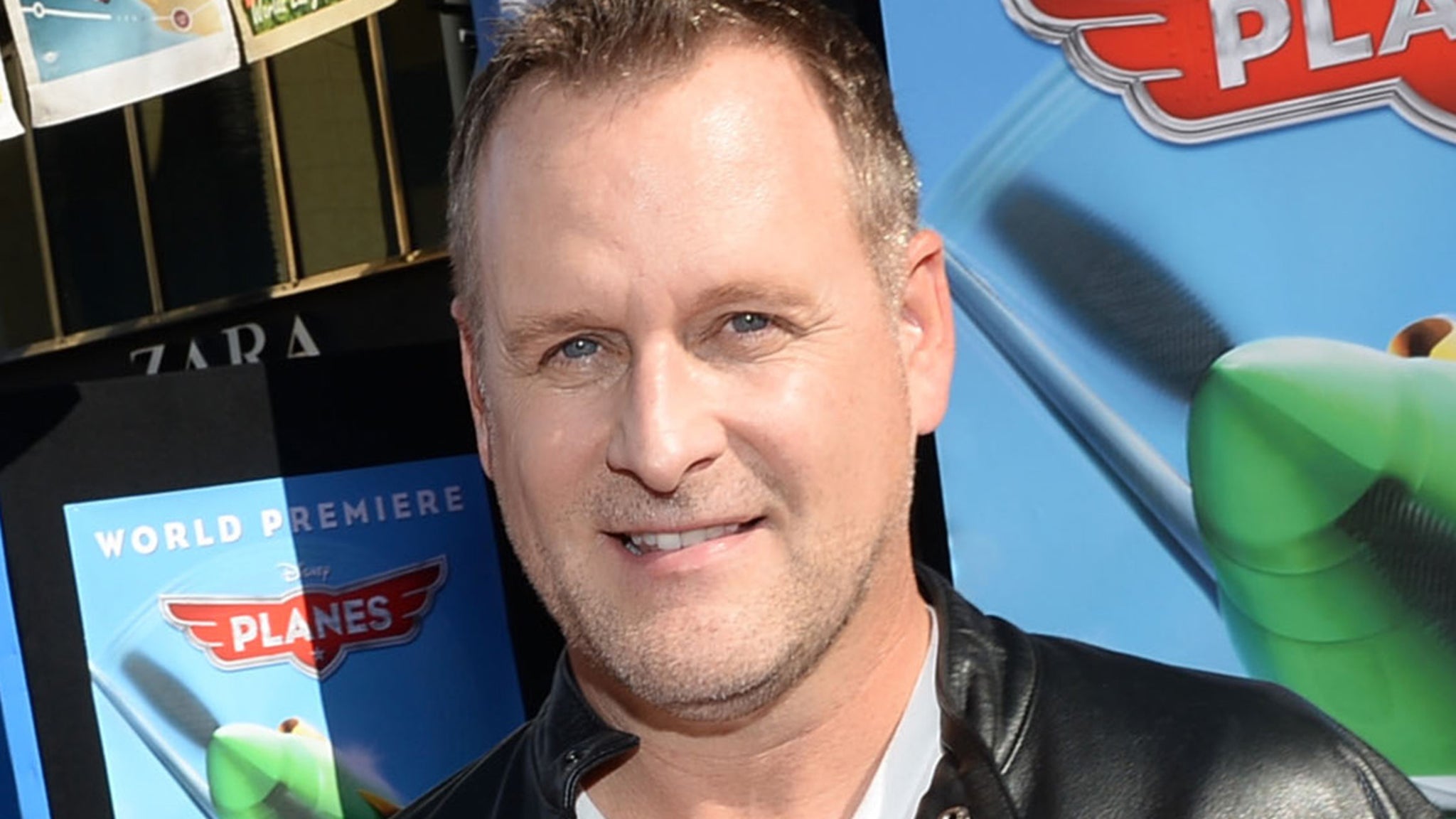
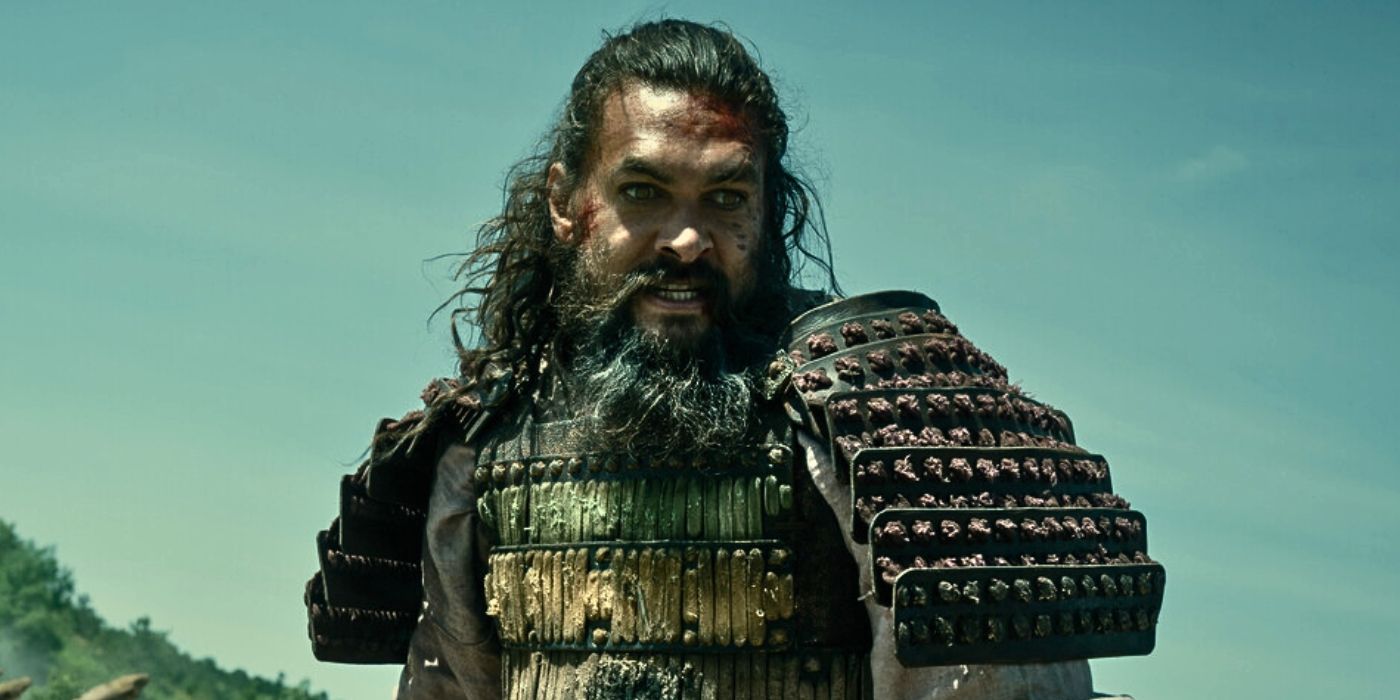
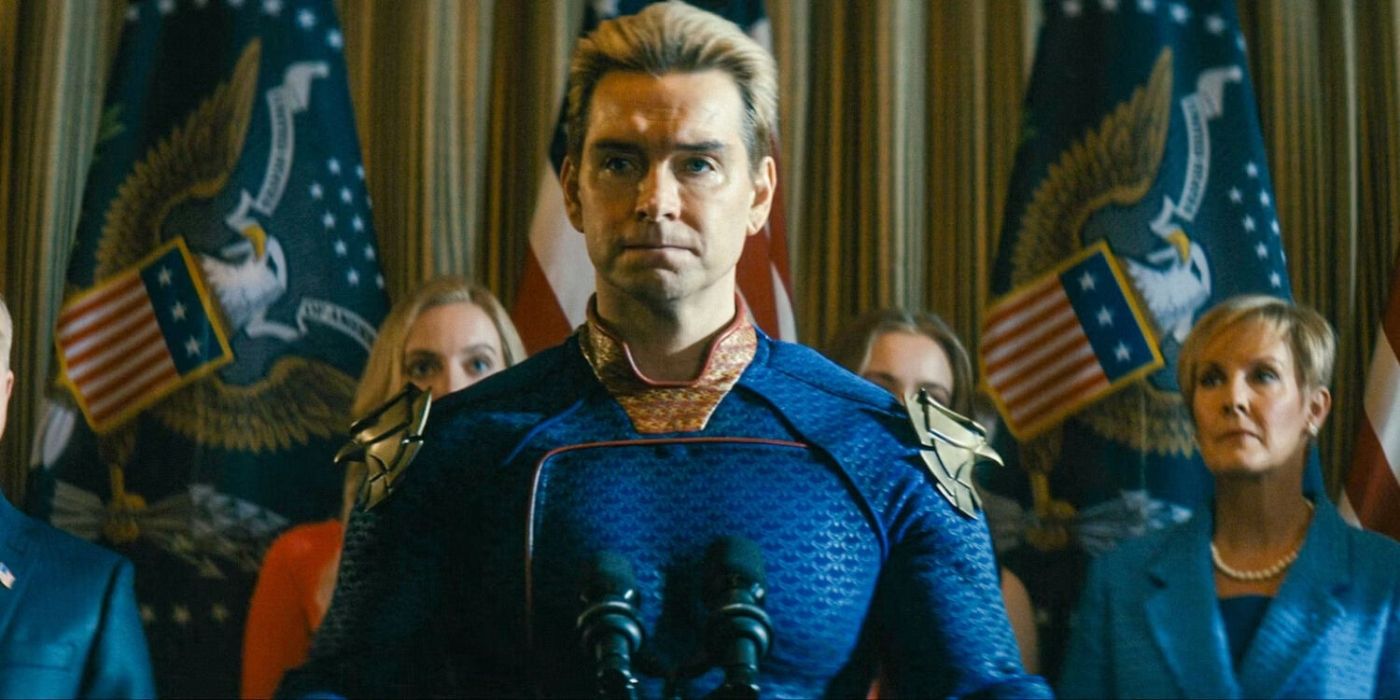


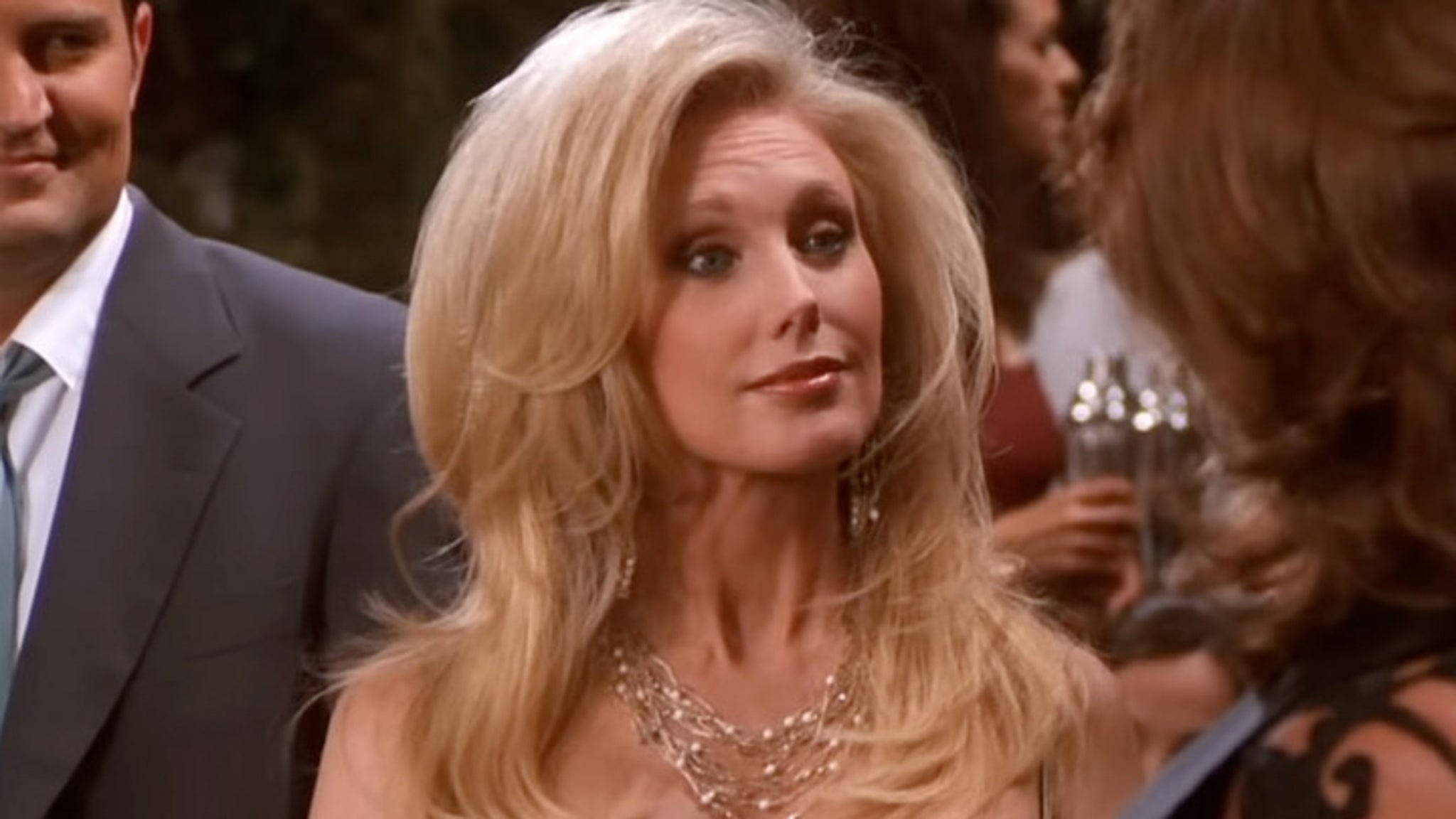
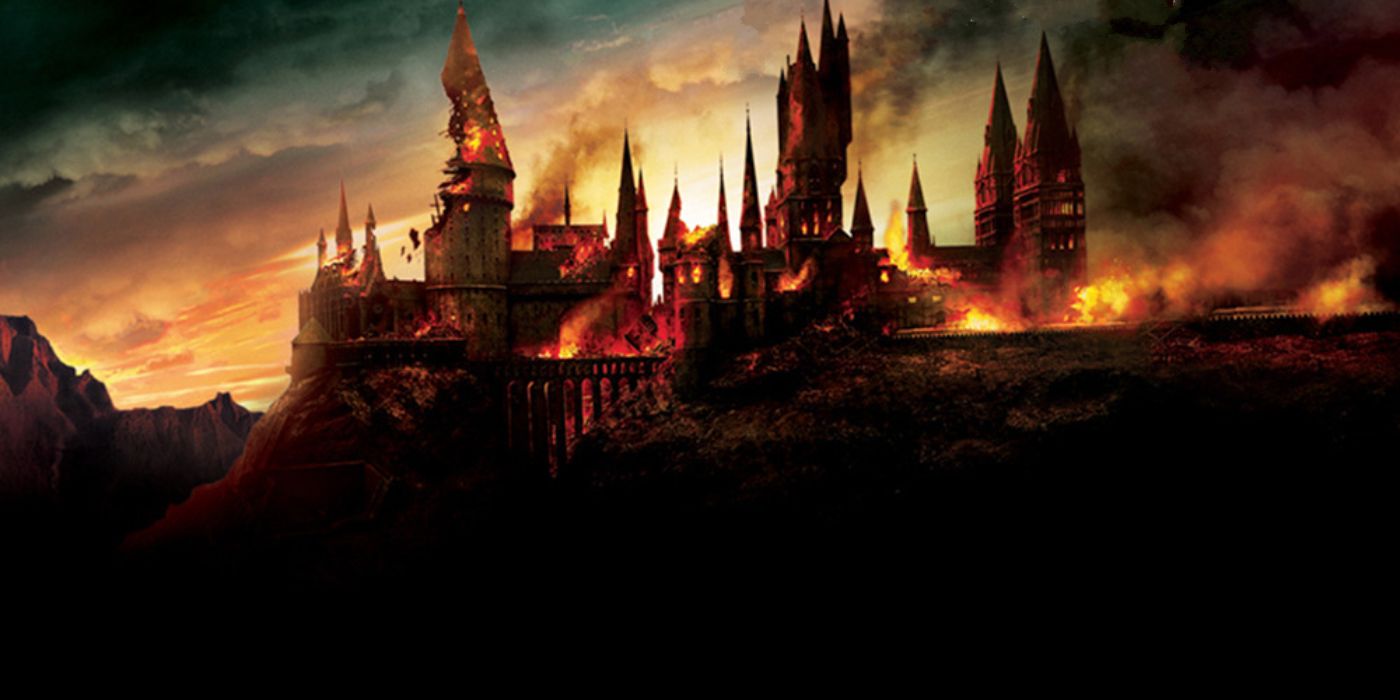
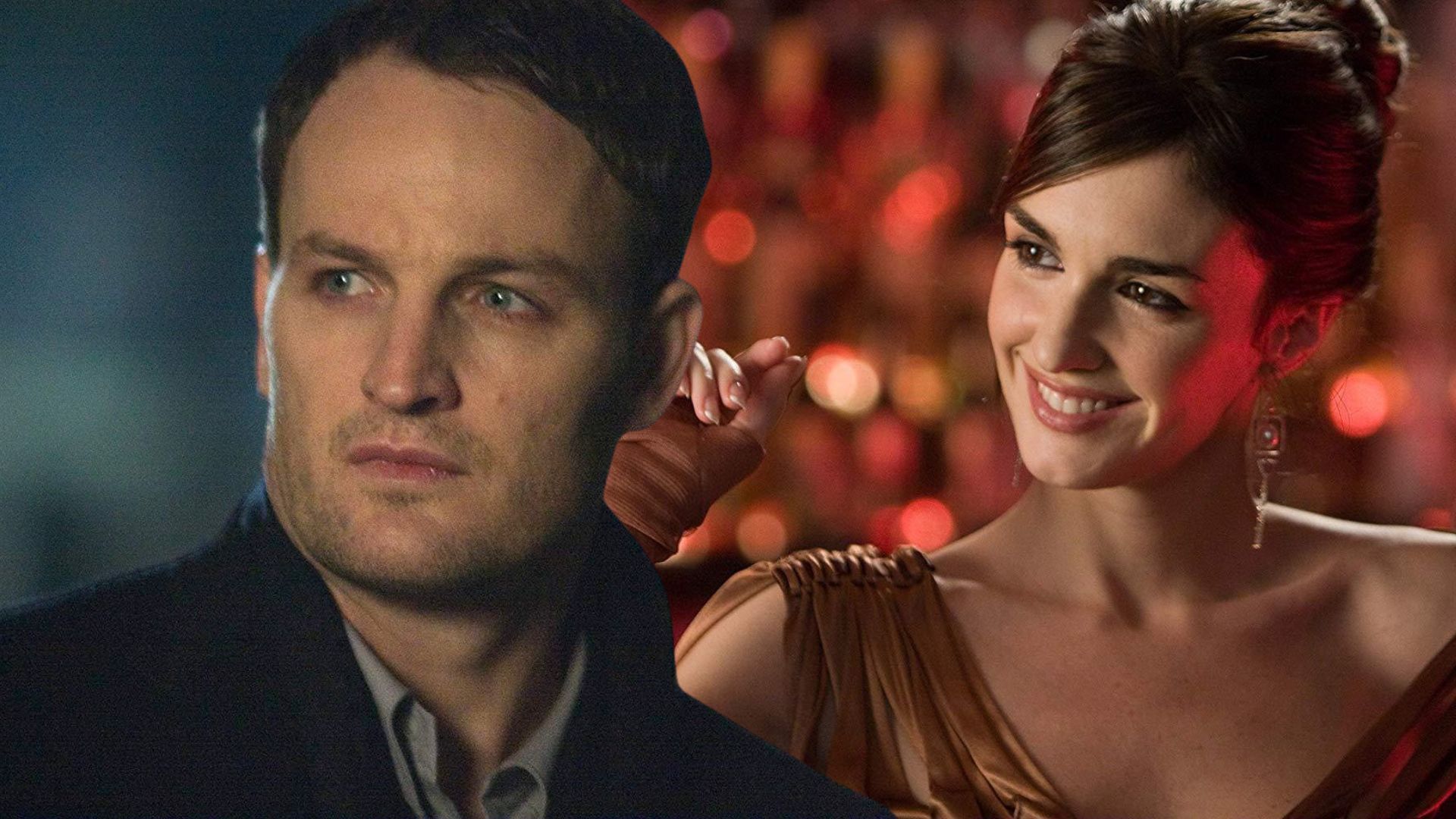

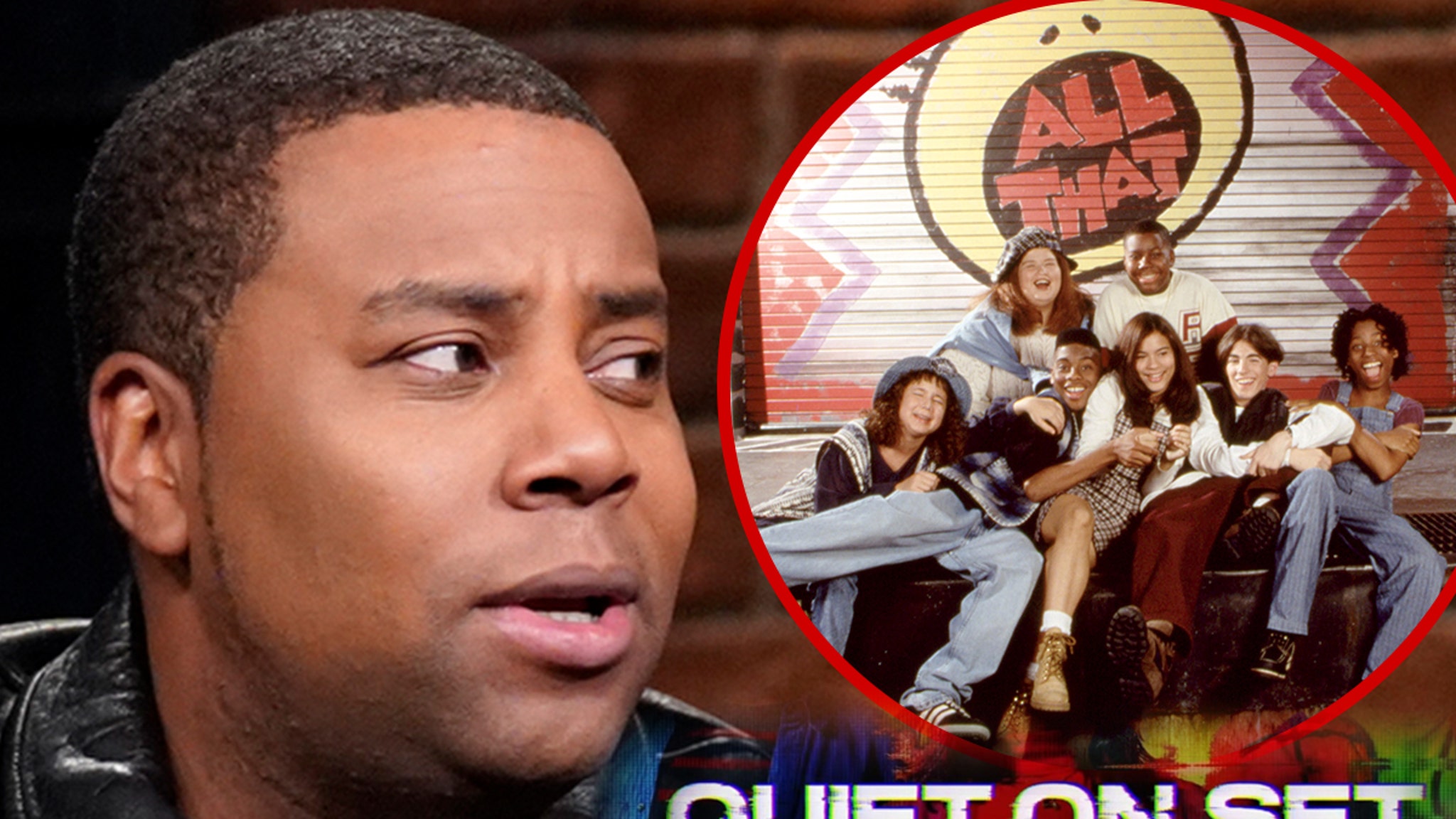



:quality(85):upscale()/2024/04/18/908/n/1922283/0cf3ac226621870c33bf10.81326158_.jpg)



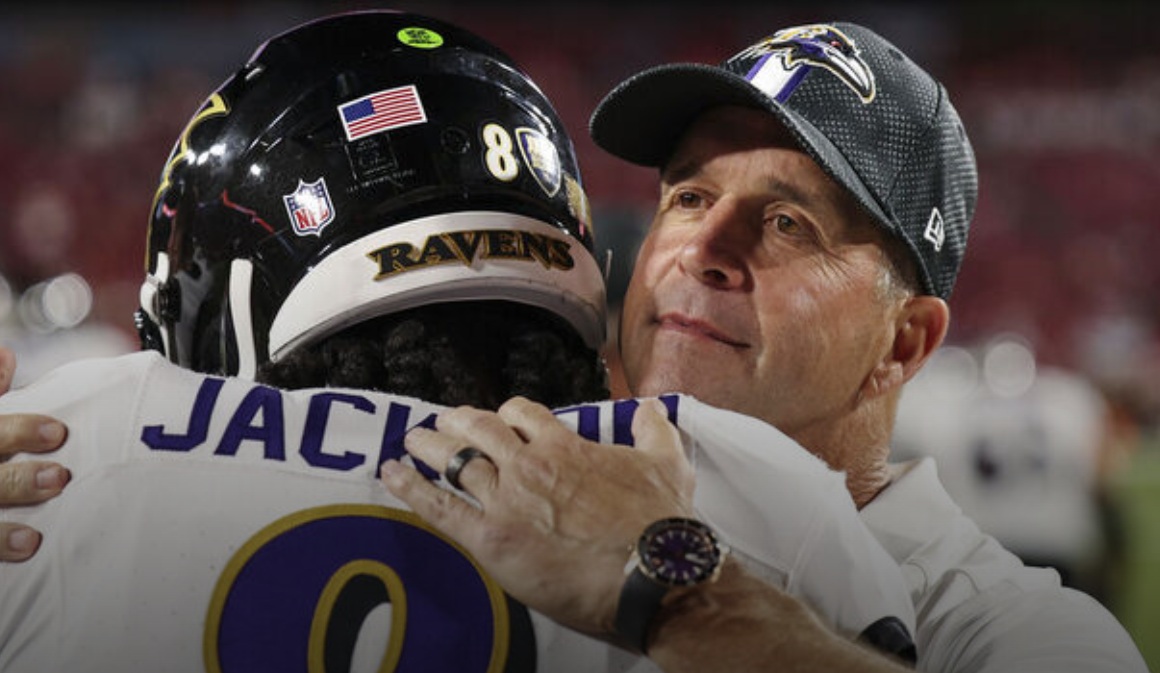

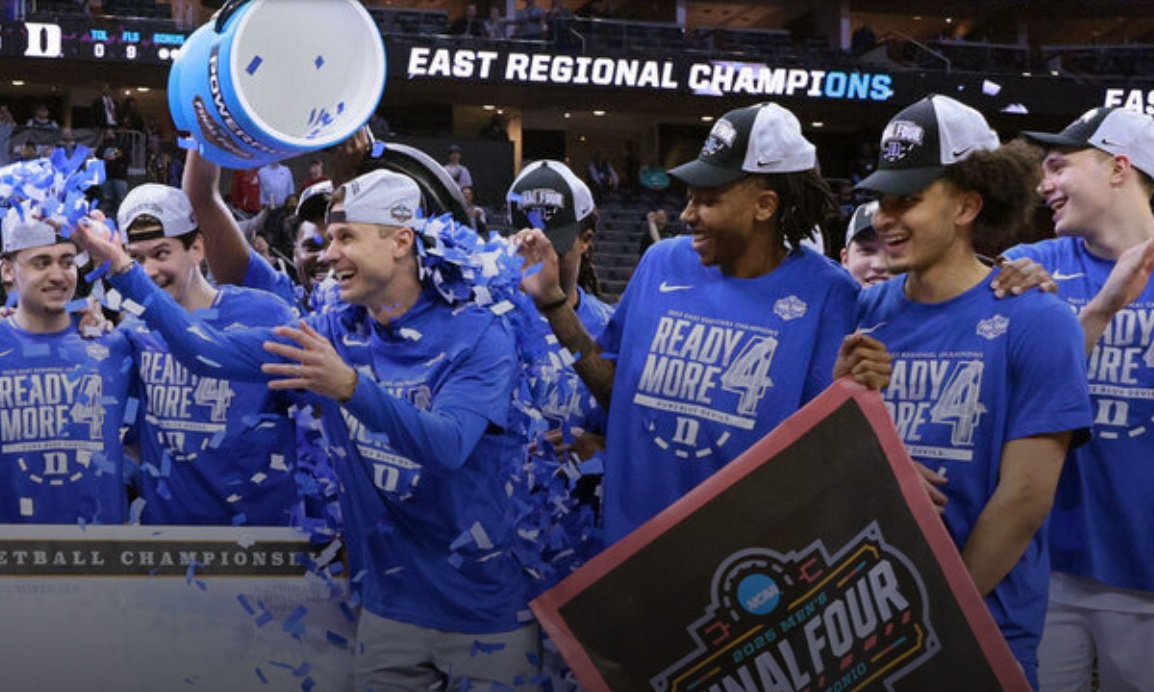

:quality(85):upscale()/2025/04/01/587/n/1922564/fe60d6be67ebe4b0bbd6f1.79749549_.png)


